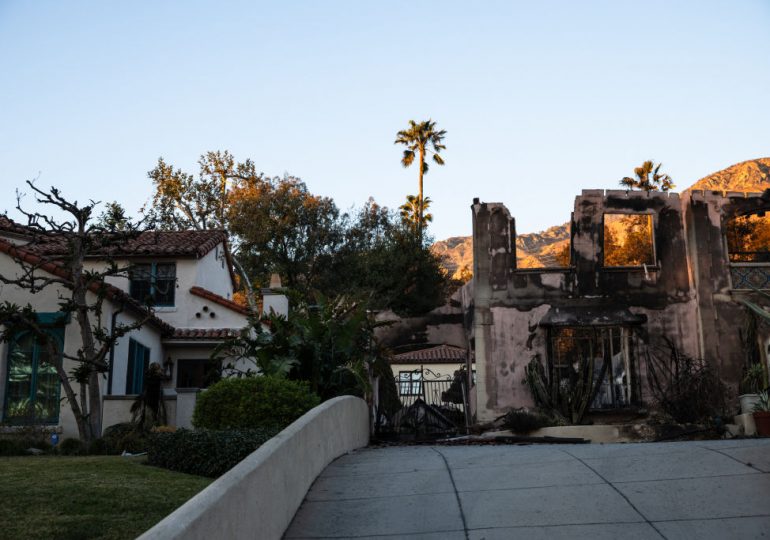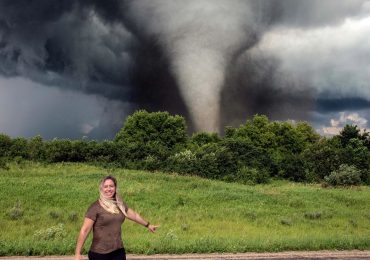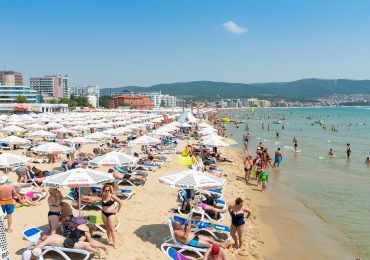(To get this story in your inbox, subscribe to the TIME CO2 Leadership Report newsletter here.)
In my job writing about climate change, I’ve had the opportunity to visit communities around the world in the wake of climate-related disasters: flood-devastated Iowa, wildfire-torn Colorado, and drought-stricken Costa Rica.
[time-brightcove not-tgx=”true”]
Over the last week, I faced a uniquely challenging visit: returning to Los Angeles where my parents lost my childhood home and much of my hometown community burned to the ground. As a climate journalist writing for a global audience, I am always keen to drive home that these are not isolated incidents. While you may be isolated from the worst extremes, the effects of climate change will eventually hit us all. For me, and dozens of my friends and neighbors, “eventually” came last week.
I am still processing the loss, and I expect that I will write more about the fires from a personal perspective in the coming weeks. But this week I want to offer a quick reflection on the wildfires and the usual topic of this column: the intersection of business and climate. The truth is that perhaps no recent climate-related event better illustrates the myriad ways that climate change will affect American businesses and the U.S. economy.
The first place to begin understanding the impact is the headline numbers. Early estimates of the damage and economic costs have come in the $250 billion range, which would make the disaster the costliest in U.S. history. That includes the price tag of expensive Los Angeles real estate as well as the knock on effects in areas like employment and health.
While a quarter of a trillion dollars is an enormous sum, it would be easy to see it as a modest headwind in a $30 trillion U.S. economy. Indeed, economists at Goldman Sachs see the event as only a 0.2 percentage point drag on U.S. growth in the first-quarter. The wildfires will inevitably have an inflationary effect—as they lead to new demand for everything from construction materials to new cars—but economists say that at a national level those effects will be relatively minor.
But headline numbers can obscure the far-reaching and perhaps unexpected effects for specific companies and even industries more broadly. While communities vulnerable to climate-linked events will face the brunt of rising costs, events like the California wildfires can raise costs nationwide.
Take a look at the utility sector. The price of shares in Edison International, which owns the utility servicing much of Southern California, fell nearly 30% on fears that the utility will be found responsible for sparking the Eaton Fire. Across the country, such fears have weighed heavily on the sector as investors wonder which utility may be next.
Indeed, a study in the journal Nature Sustainability evaluated the economic effects of California wildfires in 2018 and found that the majority of economic impact came from indirect losses, oftentimes in places and industries seemingly distant from the fires. Those losses include somewhat obvious effects like the health consequences of air pollution as well as less obvious ones like the disruption to California’s chemical manufacturing industry. More than half of “indirect losses” caused by more than a dozen wildfires that year occurred outside the state, according to the study.
The far-reaching nature of climate-related events will only grow with time as their frequency increases and severity worsens. It may be easy to dismiss a 0.2 percentage point effect on growth, but what happens when you have such an event multiple times within one year? And, more to the point, what happens when such an event is in the backyard of your home or business?
For as long as I’ve been writing about climate change, I’ve heard politicians say that more catastrophic climate-linked events will eventually wake up policymakers and the public into action. Watching the response to the wildfires with fingers pointed in every direction, I’m skeptical. But I hope I’m wrong. I hope that an acknowledgement of the far-reaching effects of these events can at least get people thinking differently.
Leave a comment








